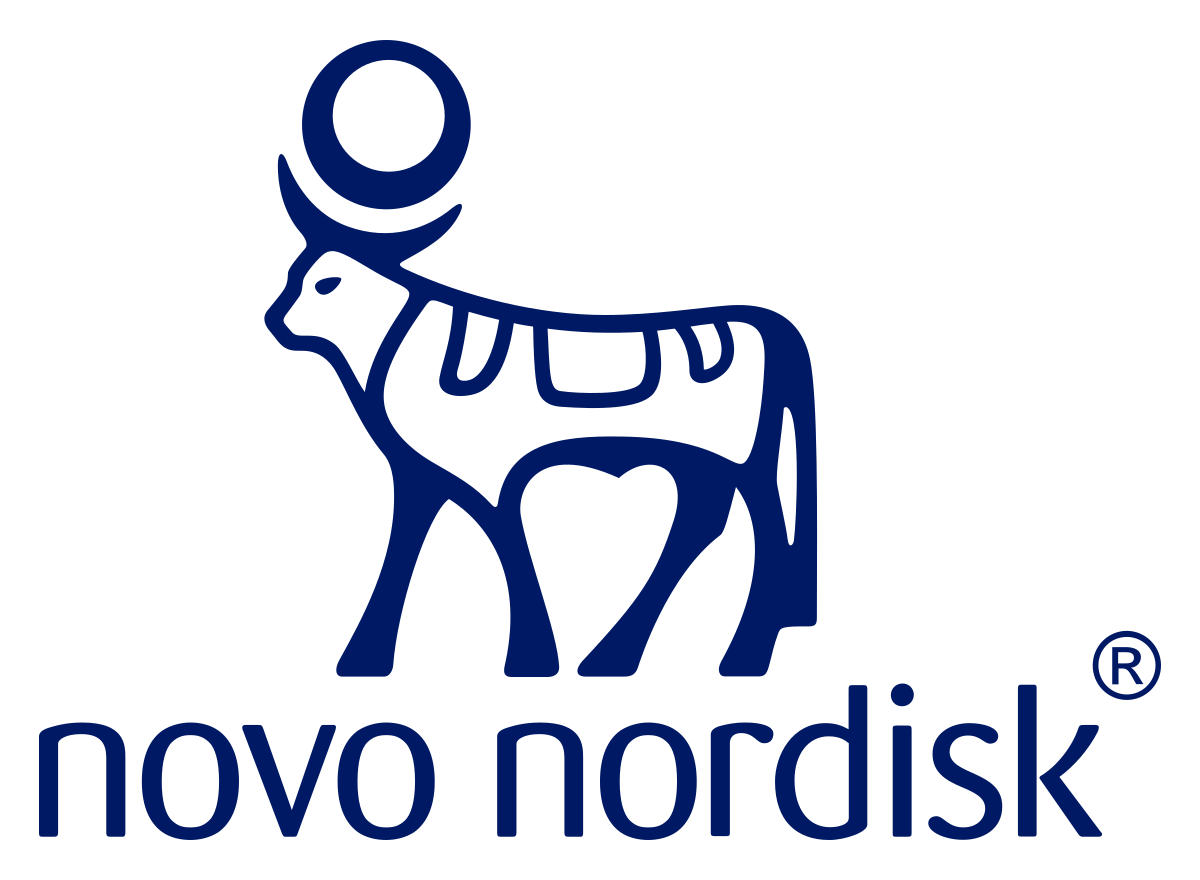预约演示
Novo Touts Phase I Data for Next-Generation Obesity Candidate
2024-03-07
临床结果临床1期临床2期临床3期
Pictured: Novo Nordisk's office in Fremont, California/iStock, hapabapa
Novo Nordisk during the company’s Capital Markets Day event on Thursday unveiled positive Phase I data for its next-generation obesity therapy amycretin, demonstrating an overall favorable safety pro strong weight-loss signals.
At 12 weeks, study participants who were given the investigational drug saw a 13.1% weight loss, the Danish pharma reported in its R&D presentation at the investor event. The placebo group, on the other hand, saw only a 1.1% reduction in body weight over the same time span.
Amycretin was also safe and well-tolerated overall and its adverse effects were in line with Novo’s prior studies of GLP-1 receptor agonists, the company said. The pharmacokinetic findings in the Phase I study also encourage further assessment of amycretin.
Designed to be orally available, amycretin is a co-agonist of both the GLP-1 and amylin receptors—both of which are involved in regulating appetite and controlling blood glucose levels, though their effects are mediated through complementary pathways. Amylin receptors are located on β-cells in the pancreas, while GLP-1 receptors are concentrated in L-cells in the intestine.
According to Novo’s presentation, amycretin is a unimolecular candidate, meaning that it combines two mechanisms of action in a single molecule and yields additive effects.
Novo is developing amycretin as part of its pipeline in diabetes and obesity, which seeks to maximize its current GLP-1 franchise and leverage other innovative approaches including those that target amylin and GIP receptors. For future projects, Novo will focus on regulating appetite and energy expenditure, maintaining weight, preserving lean mass and evaluating sustained-release modes of delivery.
The pharma is looking to start another amylin program in the coming months, with a Phase I trial slated for 2024. Novo is also gearing up for another Phase I study in the next 12 months for a new tri-agonisttri-agonist candidate, which the company contends has the potential for greater weight loss and other obesity-related comorbidities.
Aside from amycretin and the upcoming Phase I programs, Novo is already targeting the amylin pathway through its late-stage weight-loss combo therapy CagriSema, which combines the top-selling semaglutide—marketed as Ozempic for type 2 diabetes and Wegovy for chronic weight management—with an amylin analog dubbed cagrilintide.
In August 2022, the drugmaker released Phase II data for CagriSema, demonstrating a 15.6% drop in body weight in type 2 diabetes patients who were overweight. This effect was numerically better when compared with cagrilintide or Wegovy alone. In September 2023, Novo launched a Phase III head-to-head trial pitting CagriSema against Eli Lilly’s Zepbound (tirzepatide).
Novo is also seeking to expand its expertise beyond obesity and diabetes, targeting cardiometabolic diseases more broadly.
On Tuesday, the pharma reported that Ozempic induced a 24% reduction in the risk of kidney disease progression, major adverse cardiovascular events and kidney death versus placebo in patients with type 2 diabetes and chronic kidney disease. Novo is eyeing a label expansion for Ozempic, with filings planned for later this year.
Tristan Manalac is an independent science writer based in Metro Manila, Philippines. Reach out to him on LinkedIn or email him at tristan@tristanmanalac.com or tristan.manalac@biospace.com.
更多内容,请访问原始网站
文中所述内容并不反映新药情报库及其所属公司任何意见及观点,如有版权侵扰或错误之处,请及时联系我们,我们会在24小时内配合处理。
生物医药百科问答
全新生物医药AI Agent 覆盖科研全链路,让突破性发现快人一步
立即开始免费试用!
智慧芽新药情报库是智慧芽专为生命科学人士构建的基于AI的创新药情报平台,助您全方位提升您的研发与决策效率。
立即开始数据试用!
智慧芽新药库数据也通过智慧芽数据服务平台,以API或者数据包形式对外开放,助您更加充分利用智慧芽新药情报信息。



